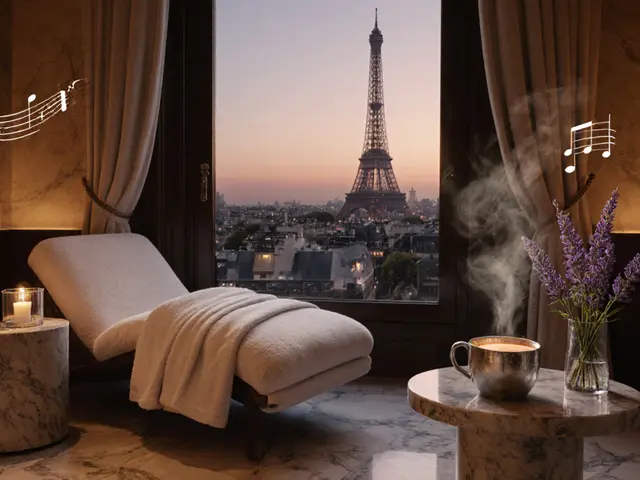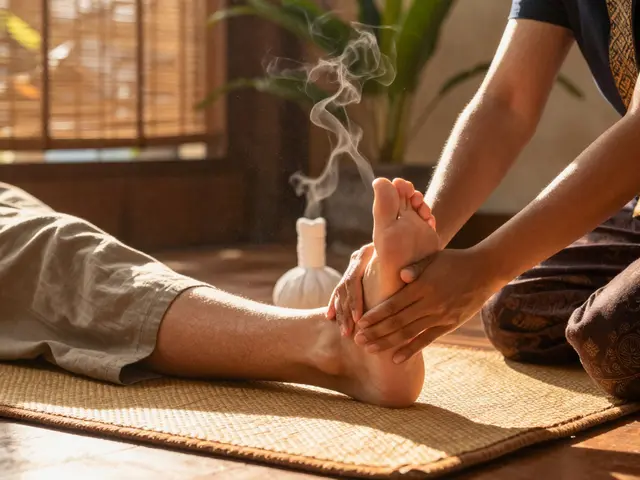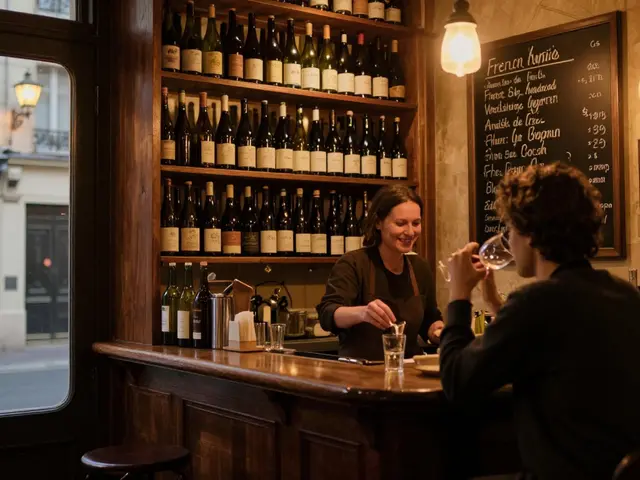Unlocking Swinger Dating in Paris: A Local’s Guide to Pleasure and Connection
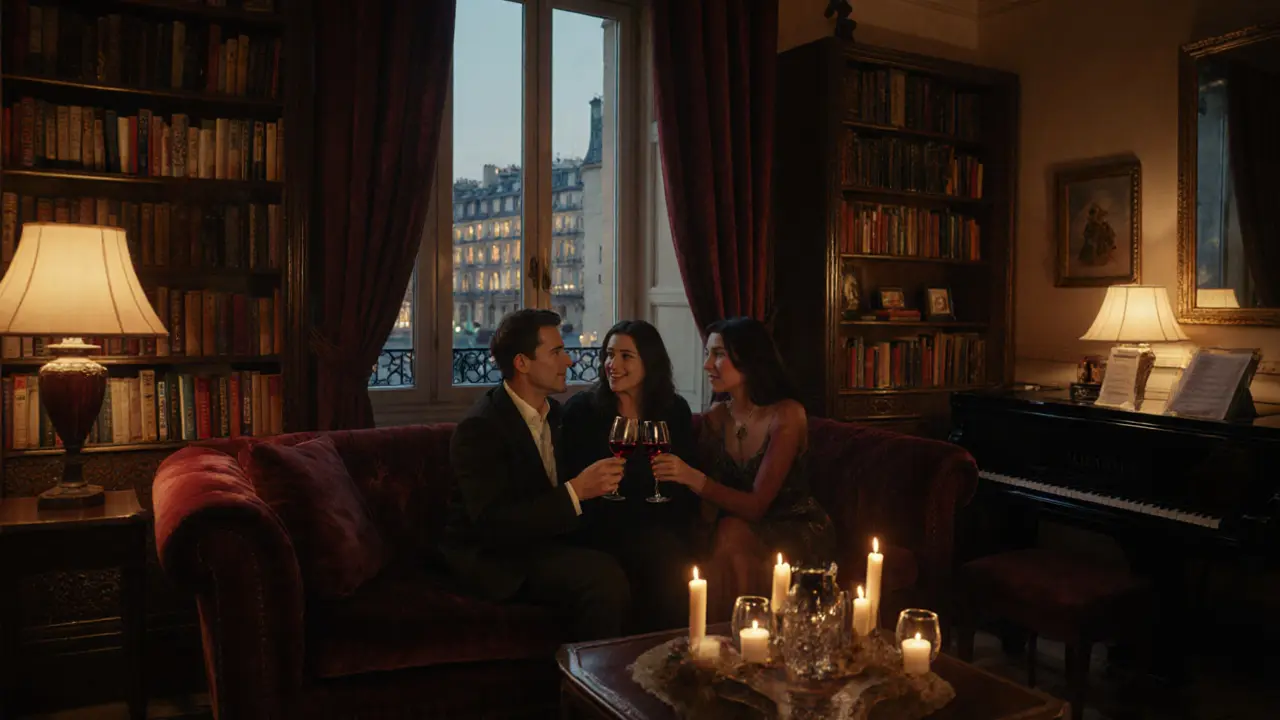
In Paris, swinging isn’t just about sex-it’s about connection, discretion, and the art of pleasure woven into everyday life. Unlike the loud, flashy scenes in other cities, the Parisian swinger scene moves quietly, like a whispered invitation across a café table in Le Marais or a glance exchanged at a wine tasting in Saint-Germain-des-Prés. You won’t find neon signs or tourist brochures advertising swinger dating Paris. Instead, it thrives in private apartments overlooking the Seine, in boutique hotels near Place des Vosges, and in members-only gatherings where the only rule is mutual respect.
How Parisian Swinging Differs from the Rest of Europe
Paris isn’t like Las Vegas or Berlin when it comes to open relationships. There’s no sprawling nightclub with velvet ropes and DJs spinning house music until dawn. The French approach to swinging is rooted in galanterie-a blend of elegance, charm, and emotional intelligence. It’s less about quantity and more about quality: a slow dance under candlelight in a 19th-century apartment in the 6th arrondissement, a shared bottle of Burgundy, conversations that linger long after the wine is gone.
Many couples here meet through private networks, not apps. Groups like Les Amis du Plaisir or Paris Couples Exchange operate quietly, vetting members through personal referrals. You won’t find these on Google. You’ll hear about them through friends of friends, or from a bartender at Le Comptoir Général who knows you’re new in town and asks, “Have you tried the Thursday gatherings in the 11th?”
Where to Begin: First Steps in Paris
If you’re new to this scene, start slow. Don’t walk into a party expecting fireworks. The best way to begin is by attending a soirée d’apéritif-a casual evening gathering with wine, cheese, and conversation. These often happen in private homes in the 7th, 15th, or 16th arrondissements, where privacy is guaranteed and the atmosphere is relaxed.
Look for events hosted by La Maison du Plaisir, a well-known Parisian collective that organizes monthly gatherings in converted lofts near Canal Saint-Martin. They require a simple application: a short email with your location, whether you’re a couple or single (they accept singles with a partner’s consent), and one reference from a current member. No photos, no profiles, no pressure.
Another option is Les Soirées du 14ème, held every third Friday in a historic apartment above a patisserie on Rue Daguerre. The host, a former opera singer from Lyon, serves organic Champagne and insists everyone removes their shoes before entering. “We don’t just swap partners,” she says. “We swap stories.”
Rules of the Game: Parisian Etiquette
In Paris, the rules aren’t written down-they’re felt. Here’s what works:
- Discretion is sacred. Never take photos. Never mention names outside the group. Parisians value privacy more than any social media post.
- Arrive as a couple. Even if you’re single, you must be invited by a couple. Solo attendees are rare and only accepted after multiple introductions.
- Respect the rhythm. Don’t rush. The French take their time-whether it’s dinner, conversation, or intimacy. A night might begin with a 90-minute wine tasting, then move to music, then to touch.
- Leave your judgment at the door. You’ll meet doctors, artists, retirees, expats from Canada and Japan, and French couples who’ve been doing this for 20 years. No one asks about your job unless you bring it up.
One common mistake newcomers make? Trying to be “sexy” or “bold.” In Paris, confidence comes from calmness. A quiet smile, a hand on the small of a back, a shared silence-these speak louder than any costume or performance.
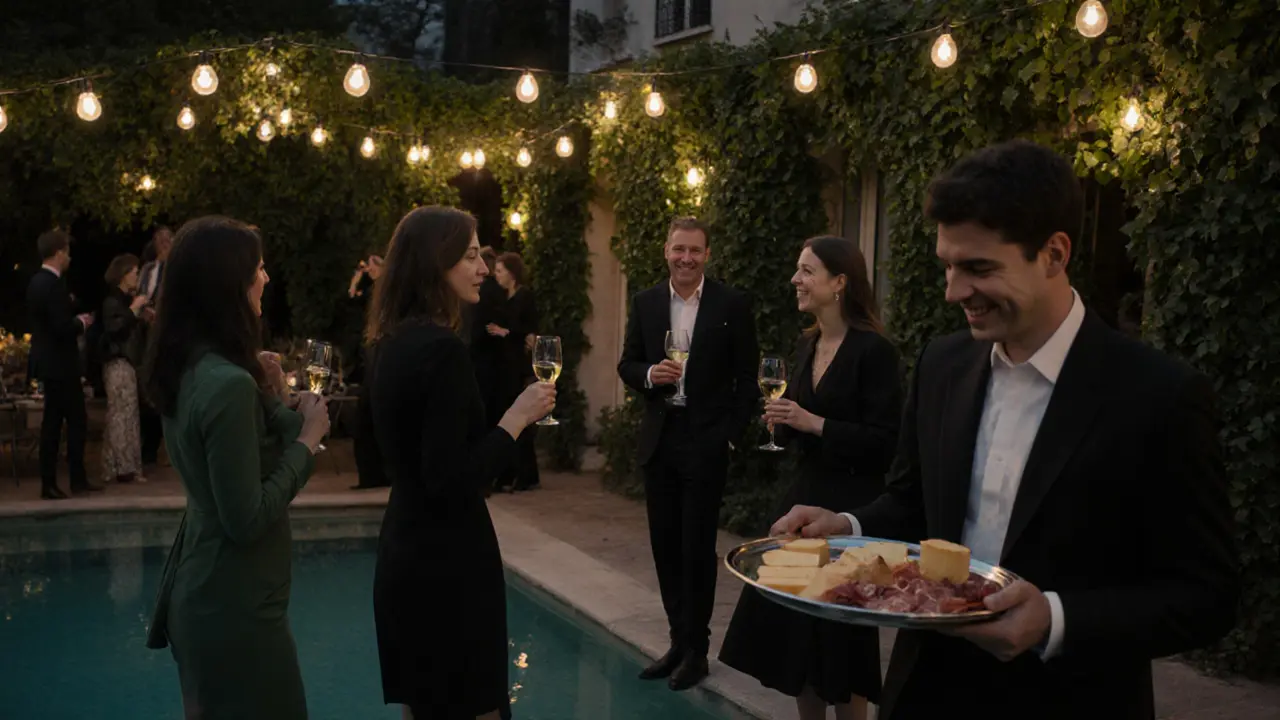
Where to Find the Scene: Hidden Spots and Trusted Venues
Paris has no official swinger clubs, but it has dozens of discreet venues that host events:
- Le Clos des Lilas (15th arrondissement): A private garden house with a heated pool, used for summer gatherings. Members book months in advance.
- Hôtel du Petit Moulin (Le Marais): A boutique hotel known for hosting themed evenings. Ask for Room 304-it’s where the monthly Soirée des Sens takes place.
- La Cave des Amours (11th arrondissement): A wine cellar turned intimate lounge. Only open to members after 8 PM on Tuesdays. They serve natural wines from the Loire Valley.
- Château de la Muette (16th arrondissement): A historic mansion occasionally rented out for weekend retreats. It’s expensive, but if you’re serious, it’s worth it.
Many events happen in private residences. You’ll get the address via encrypted message-never by email. Some hosts use Signal or Telegram. Don’t ask for details upfront. If you’re meant to be there, you’ll be invited.
Expats and Tourists: What You Need to Know
If you’re an expat living in Paris, your best bet is to join local expat networks like Paris Expat Women or International Couples Paris. These aren’t swinger groups-they’re social clubs for foreigners-but many members eventually connect through shared interests.
Tourists? It’s possible, but not easy. Most events require a local contact. If you’re only here for a week, focus on building connections. Attend a French cooking class at Le Cordon Bleu, join a book club at Shakespeare and Company, or take a wine tour in Montmartre. The right people will notice your openness-and they’ll reach out.
Never try to find swinger events through dating apps like Tinder or Bumble. They’re monitored. The French take privacy seriously, and you’ll risk being flagged or blacklisted.
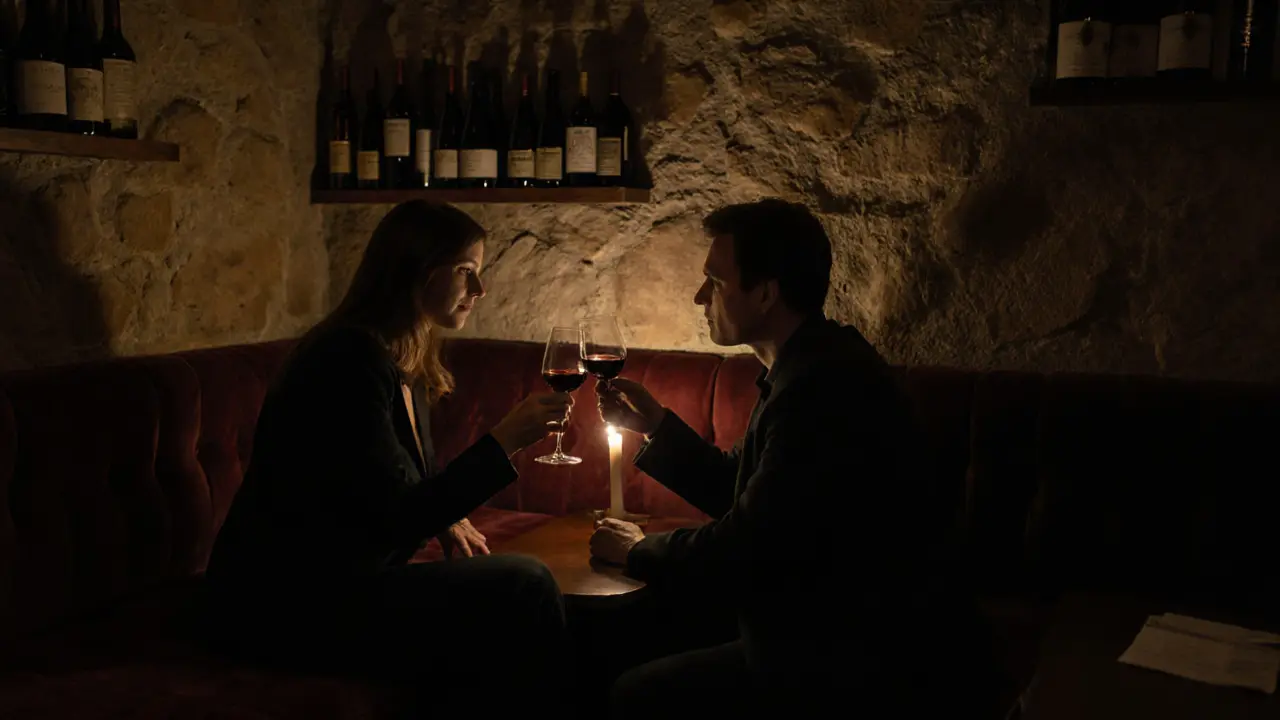
What to Expect: Real Stories from Paris
Marie and Thomas, a couple in their late 40s from Lyon, moved to Paris three years ago. They joined a group after attending a dinner party hosted by a colleague. “We thought it would be awkward,” Marie says. “But the first night, we talked about our childhoods, our fears, our dreams. Then, later, we touched. It felt natural. Not like a fantasy. Like truth.”
Julien, a 32-year-old graphic designer from Montreal, came alone on a work trip. He was invited to a small gathering after striking up a conversation with a woman at a jazz bar in Saint-Germain. “She asked if I was open to something different. I said yes. We had tea, talked about Kafka, then made love on a rug by the window. I didn’t even know her last name. But I left feeling more connected than I had in years.”
Common Misconceptions
Myth: “Swinging in Paris is all about sex.”
Reality: Sex is often the last thing. Connection comes first.
Myth: “It’s only for young people.”
Reality: The average age of participants is 42. Many couples have been together for decades.
Myth: “You need to be rich.”
Reality: Most events are held in homes. Costs range from €15 for wine and cheese to €150 for a weekend retreat. It’s not about money-it’s about trust.
Final Advice: Patience, Not Pressure
If you’re looking for excitement, go to Montmartre and dance until sunrise. If you’re looking for depth, give Parisian swinging time. It doesn’t rush. It doesn’t shout. It waits-for the right person, the right moment, the right silence between two people who finally understand each other.
Start with one evening. One glass of wine. One conversation. Let the rest unfold.
Is swinger dating legal in Paris?
Yes, swinger dating is legal in Paris as long as it’s consensual, private, and involves adults. France has no laws against non-monogamous relationships, and the right to privacy is protected under Article 9 of the Civil Code. However, public displays of sexual activity are illegal, so all events must be held in private spaces.
How do I find a trusted group in Paris?
Start with personal referrals. Ask friends, join expat or lifestyle groups on Facebook, or attend cultural events like wine tastings, art openings, or French cooking classes. Reputable groups like Les Amis du Plaisir or Paris Couples Exchange require vetting and references. Avoid online ads or apps-most are scams or unsafe.
Do I need to speak French to join?
Not necessarily. Many events are bilingual, especially those hosted by expats or in international neighborhoods like Le Marais or the 16th. But knowing basic French phrases-like “Merci,” “Je suis à l’aise,” or “C’est délicieux”-goes a long way in building trust. The French appreciate effort, even if your accent is imperfect.
Are there any costs involved?
Most gatherings are low-cost or free. You might pay €10-€20 for wine and snacks. Weekend retreats at places like Château de la Muette can cost €200-€500 per person, including meals and accommodation. Never pay upfront for “membership” without a personal reference. Legitimate groups never ask for large fees before you’ve met anyone.
What if I’m not in a couple?
Solo participants are rarely accepted unless invited by a couple who vouches for them. Some groups allow singles, but only after multiple introductions and a clear understanding of boundaries. If you’re single, focus on building relationships first. Attend social events, be patient, and let connections grow naturally.

